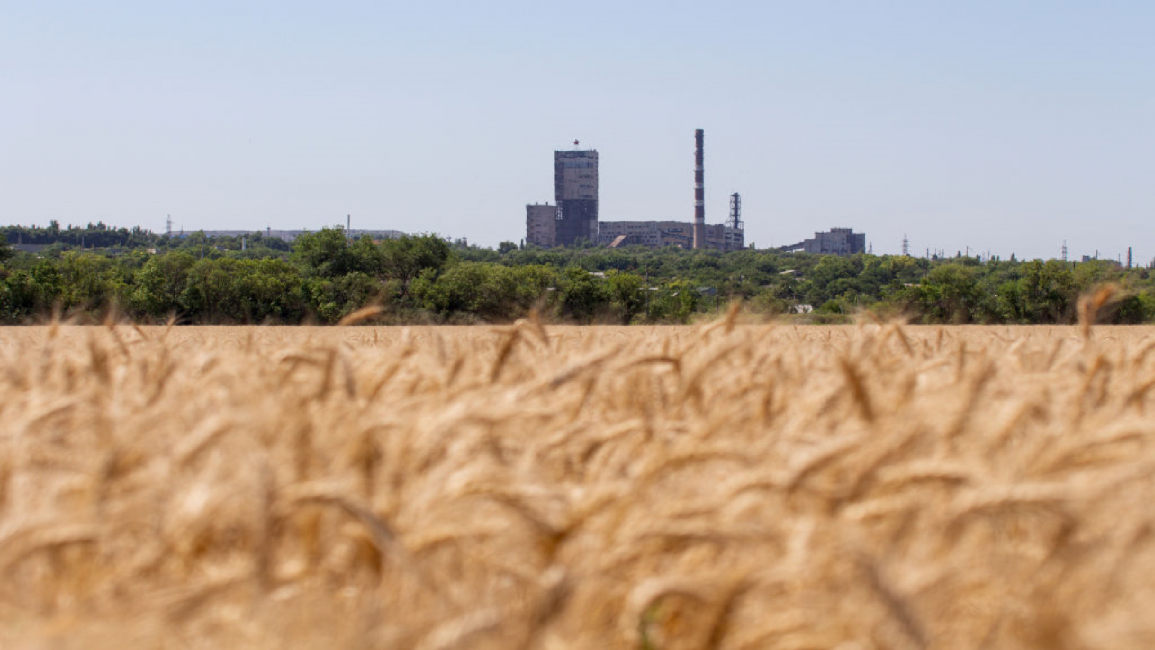Egypt still waiting for 300,000 tonnes of wheat stuck in Ukraine due to Russian invasion
About 300,000 tonnes of Ukrainian wheat booked by Egypt's state grains buyer for delivery in February and March is yet to be shipped, with one cargo stuck in port and four others still to be loaded, four traders said.
Egypt's General Authority For Supply Commodities (GASC) has offered traders an extension to secure the cargoes, according to traders and officials.
Egypt, typically the world's largest wheat importer, depended heavily on shipments of Black Sea wheat that were disrupted by Russia's invasion of Ukraine on February 24.
The war has raised concerns over Egypt's ability to sustain its strategic reserves and secure affordable wheat that is used to make steeply subsidised bread available to nearly two-thirds of the population.
Egypt's prime minister said this week that the government had wheat reserves to last four months. Traders say that any wheat that has been purchased is counted within the country's strategic reserves, even if it has not yet been delivered.
Two of the cargoes that have yet to be loaded were contracted by Nibulon and a further two by Inerco, traders said. A fifth cargo contracted by Olam is stuck at Ukraine's Chornomorsk Port on a GTCS ship.
Egypt's supply minister confirmed on Sunday that authorities granted an extension for delivery of the cargoes, but could not immediately be reached for further comment.
With Ukraine's ports blocked off by Russia's invasion, it has been forced to send shipments across its western border, relying on limited railroad capacity and small Danube river ports.
GASC has purchased foreign wheat just once since the start of the war in Ukraine, buying mainly French grain in April at a higher price than it had paid previously.



